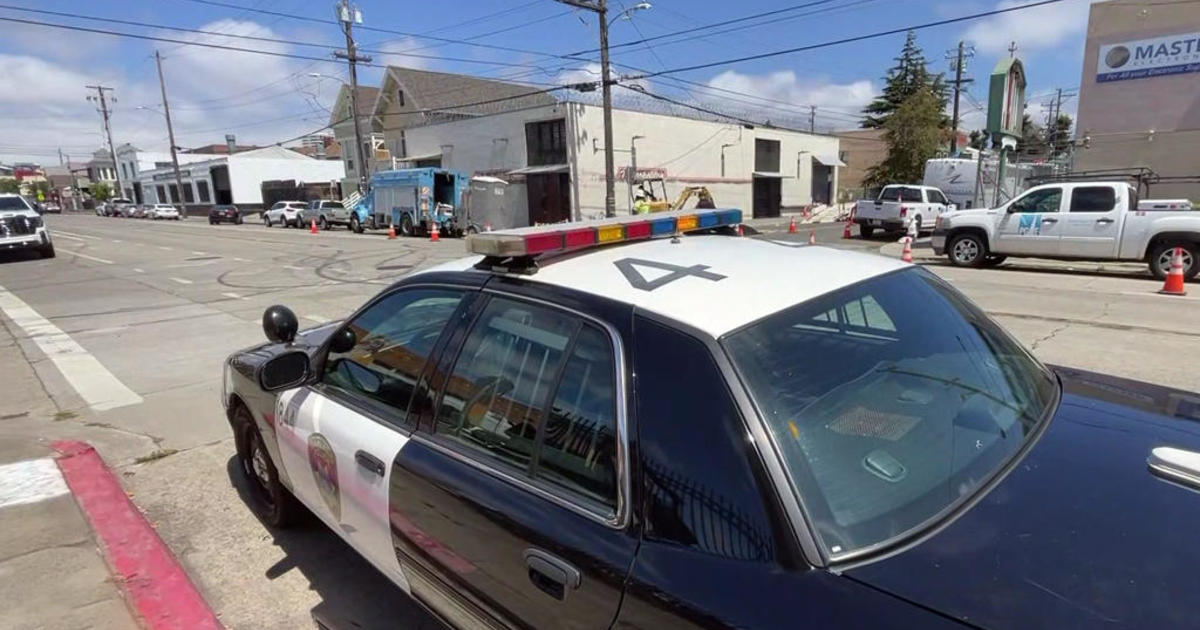UC Berkeley Researchers Build Exoskeleton For Paraplegics Allowing Them To Walk Again
BERKELEY (CBS SF) -- Researchers at University of California, Berkeley are working to build an affordable robotic exoskeleton to allow paraplegics to walk again.
The team of mechanical engineers hope to seize on the interest generated by the ceremonial 'first kick' Thursday at the 2014 World Cup in Sau Paulo, Brazil, where a 29-year-old paralyzed man performed the kick-off at the opening ceremonies.
That man wore a robotic exoskeleton that was controlled by his brain signals relaying data to a computer in a backpack, which then transmitted the signals to the machine-assisted legs.
The UC Berkeley team is instead developing an exoskeleton that is not as technologically advanced. Theirs uses hand controls, allowing the devices to become more readily available, according to team leader Homayoon Kazerooni, a professor of mechanical engineering.
Kazerooni said his team's exoskeleton supports the wearer's legs and is designed to be used with sensor-equipped crutches to allow paraplegics to perform limited maneuvers such as walking along a street or getting in and out of a vehicle.
"Really, it's not about playing soccer or being able to walk, it's just about being independent," said Kazerooni.
Steven Sanchez has been tapped as the test pilot for the UC Berkeley exoskeleton project and has already put it through its paces. He has been without the use of his legs since a BMX accident a decade ago.
"It was the very first time since the injury that I was able to hug my parents standing up… not have the wheelchair surrounding me or anything like that," said Sanchez. "That was the biggest, emotional … 'Whoa, this is real.'"
The exoskeleton, currently priced at about $22,000, will soon be available for medical and clinical use.



